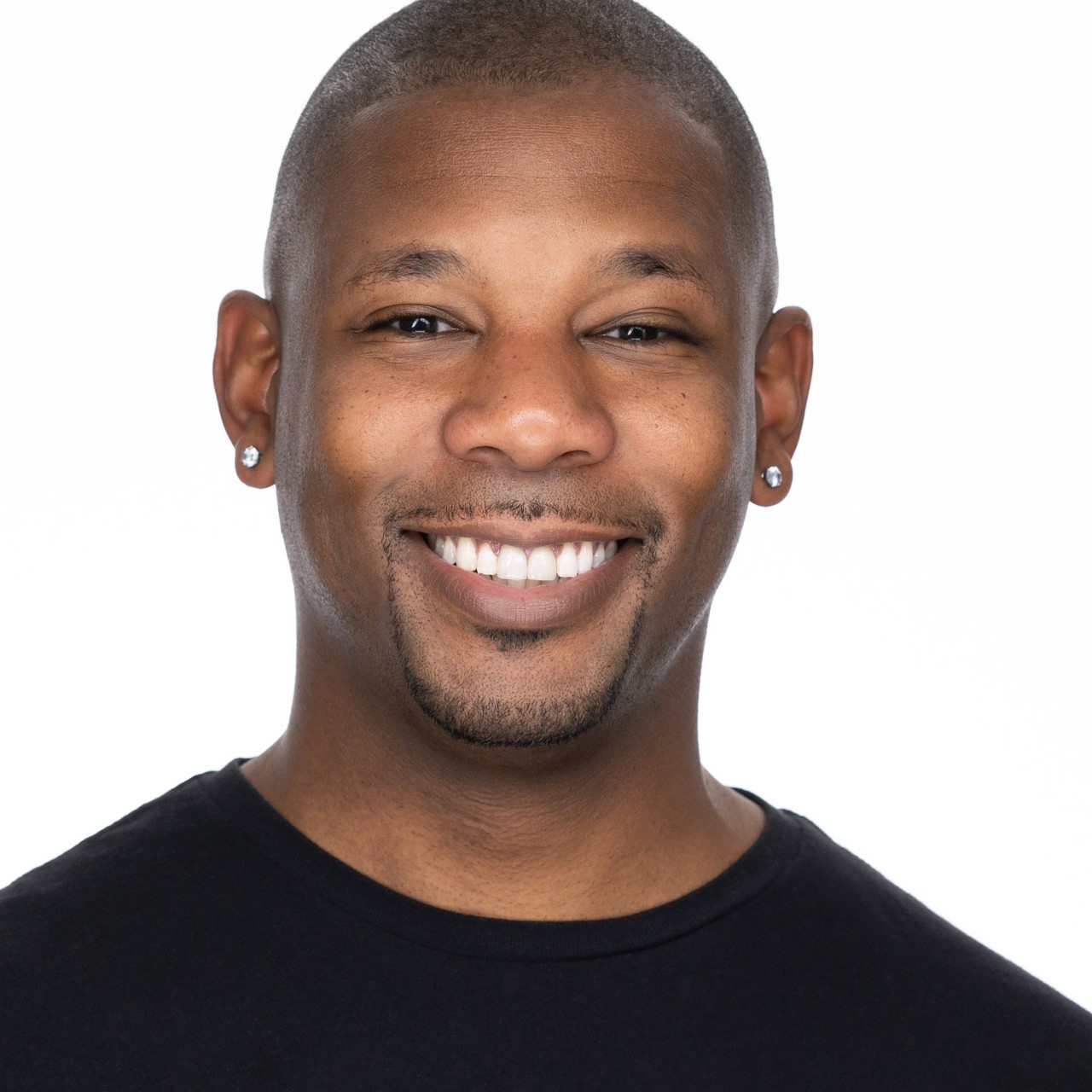Omari Jahi Aarons Shares Powerful Words on Effective Equity | Black History Month
Sherline Heriveaux
The conversations before and after George Floyd’s murder are markedly different, even though we had the Federal Reserve’s Color of Wealth report and The Globe’s Spotlight series on race and racism in Boston. The hesitancy to talk about diversity and inclusion experiences is still there but people are pushing past their fear and starting to engage. The most visible change has been in our elected leadership among a number of historic firsts. Boston has certainly made progress, but progress is still at the 10,000 foot level where people aren’t feeling change in their everyday experience. So we must keep pushing past our discomfort and open our eyes to what people are experiencing in every sector of the city and region, and focus on efforts there.
Black entrepreneurship has been the center of change in the city. We can look at Boston While Black as an example of intentional community building and the New Commonwealth Racial Equity and Social Justice Fund as an example of individuals leveraging their Corporate America roles to lead change in and outside of their company walls. On the creative scene, people like Michael Bobbitt, Catherine Morris and Harold Stewart are ushering in a new way of thinking and elevating how art nurtures the soul of the city and creates opportunity for connection. There are lots of efforts, big and small, that people and organizations can support.
We must keep pushing past our discomfort and open our eyes to what people are experiencing in every sector of the city and region, and focus on efforts there.
Representation is first on my list where we can make progress toward an equitable Boston. We’re making strides in the number of Black elects in political office, but still need work in places like the State Senate, school boards, city councils in and around Boston, and on appointed state boards and commissions. We need more racial diversity on non-profit and corporate boards of directors to lead from having a seat at the table and guiding organizational strategy that is culturally relevant and responsible. In looking around at the C-suite and senior manager pipeline in Boston’s corporate sector, racial diversity has made progress mostly in the hiring or elevation of chief diversity officers, but not as much in P&L lines of businesses that lead to the CEO or COO role. If we start there – which is very doable in the short term, we’ll see the effects show up quickly in the economic growth of the city. It’s time for Boston to write a new around race and this is the moment to do it.
First, get to know the city’s current and next generation of leaders. We’re all on social media and LinkedIn – we’re not hard to find. True story: even after the nod from the Chamber as a 2020 TOYL, I didn’t have anyone reach out from the Boston-area and learn more about me, how I could help and how they could help me. I did from other cities. We know better than this. There are incredible people doing amazing things and you should know them and nurture opportunities to keep us here. The talent drain in Boston of people we push out the city from a lack of connection or not seeing a future here is incredible. Secondly, support Black spaces and organizations. Join your associated industry DEI organization – (brace for the acronyms) NBMBAA, NAAIA, NSBE, NABA, IABA, NAAAHR. We’re all here and need your support to keep growing and making Boston a more inclusive place to live, work, play and worship.
There are incredible people doing amazing things and you should know them and nurture opportunities to keep us here. The talent drain in Boston of people we push out the city from a lack of connection or not seeing a future here is incredible.


Omari Jahi Aarons is the the Managing Partner of Aarons Group LLC., a workplace inclusion consulting firm. He is a Howard Thurman Fellow, MDiv Candidate, and President of the Association of Black Seminarians at Boston University.